
An Introduction to Technical Theatre draws on the author’s experience in both the theatre and the classroom over the last 30 years. Intended as a resource for both secondary and post-secondary theatre courses, this text provides a comprehensive overview of technical theatre, including terminology and general practices. Introduction to Technical Theatre’s accessible format is ideal for students at all levels, including those studying technical theatre as an elective part of their education. The text’s modular format is also intended to assist teachers approach the subject at their own pace and structure, a necessity for those who may regularly rearrange their syllabi around productions and space scheduling.
This book is a resource designed to help guide you through the essential components of a play and is designed to serve as a guide to helping you develop a process for your writing that has been proven over time to be successful. These lessons are garnered from many books, interviews, classes, and life lessons on playwriting and story development.
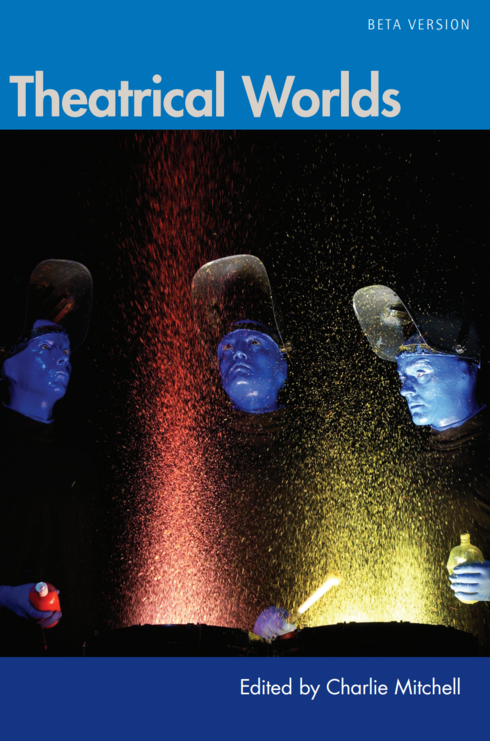
From the University of Florida College of Fine Arts, Charlie Mitchell and distinguished colleagues from across America present an introductory text for theatre and theoretical production. This book seeks to give insight into the people and processes that create theater. It does not strip away the feeling of magic but to add wonder for the artistry that make a production work well.
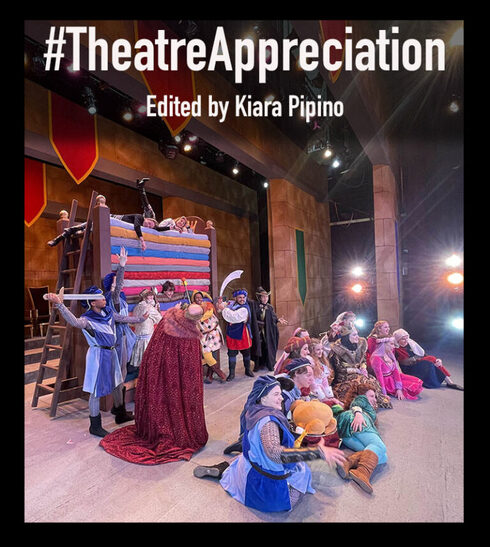
#TheatreAppreciation is a textbook for introductory level lecture classes such as Theatre Appreciation and Introduction to Theatre. It provides insight about the art and craft of theatre, a brief exploration of theatre history, and discussion about the styles and forms of theatre along with an overview of professions in the field.

Acting I OER Course Design includes open course materials designed to explore methods of reading and analyzing a variety of diverse texts for the stage. The resources cover basic acting techniques and approaches including scene study, improvisation, and script analysis.

A collection of acting exercises for theatre students.

An openly-licensed learning resource for college acting courses.

Acting I: The Beginning: a comprehensive introduction to acting, combining historical, philosophical, and practical perspectives and exploring diverse definitions of acting from figures like Plato, Sanford Meisner, and Stella Adler. Students are encouraged to critically examine ideas and develop their own definitions through reflective homework and class discussions. Key themes include the balance between truth and contrivance in performance, shifting perceptions of actors over time, and the varied philosophies of renowned acting teachers.
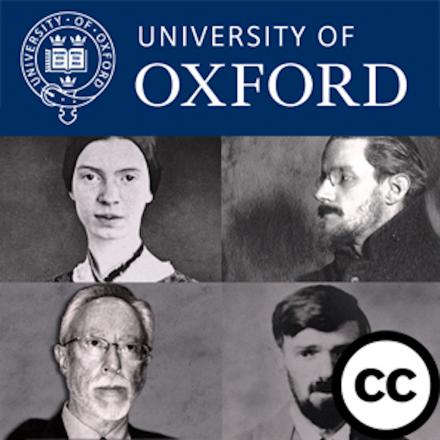
Linda Gates, Professor of Voice at Northwestern University (USA) discusses how Shakespeare's poetry and plays lend themselves to vocal performance by discussing how breath can be used to 'punctuate the thought'.

This is a course on Shakespeare’s career, given at Brandeis University in the spring of 2010, by William Flesch. It covers several representative plays from all four genres: comedy, tragedy, history, and romance. We consider both the similarities and differences among those genres, and how his more and more radical experimentations in genre reflect his developing thought, about theater, about time, about life, over the course of his career. In terms of texts, any complete Shakespeare will suffice, including this free version online from MIT. The Norton Shakespeare, edited by Stephen Greenblatt, is also recommended.

Explore the world of Shakespeare using this immersive interactive featuring Great Performances: Romeo and Juliet. Interactive slides include video clips, infographics, graphic organizers, and different activities to engage students through a visual and immersive setting. Enter the Globe Theater and click on objects to explore the space and learn more about Shakespeare and Romeo and Juliet.

Test your ability to identify if a line is from Shakespeare or Taylor Swift in this video from the National Theater. Cast members from Great Performances: Romeo and Juliet are presented with quotes and have to decide whether they are from the bard of today or the past! Support materials ask students to extend the game by coming up with their own version using a different songwriter.
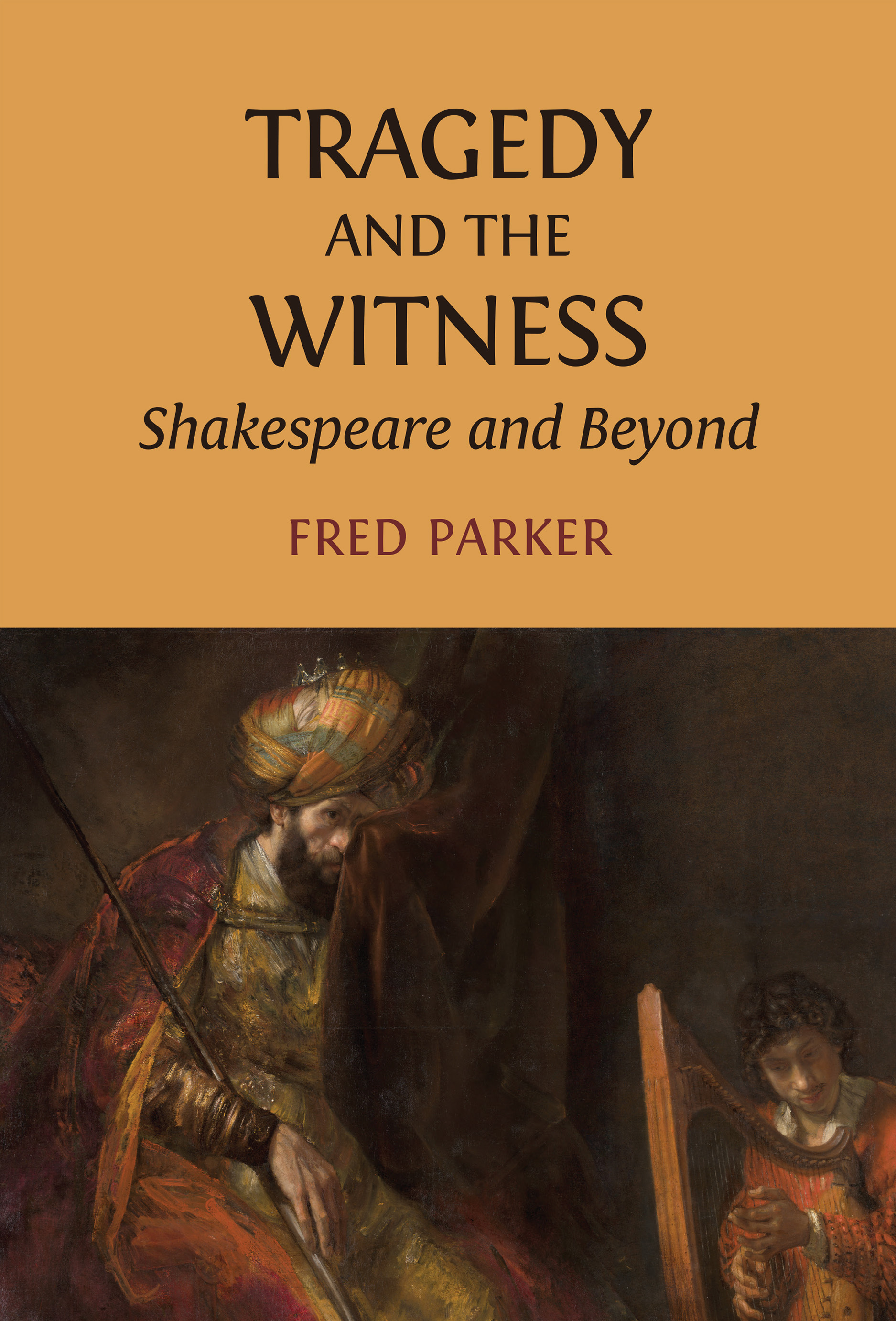
Written in an accessible style, this book grounds tragedy in matters that resonate in common experience, from mental breakdown and our need to be heard to questions around grieving, trauma, and the ethics of telling someone’s story.
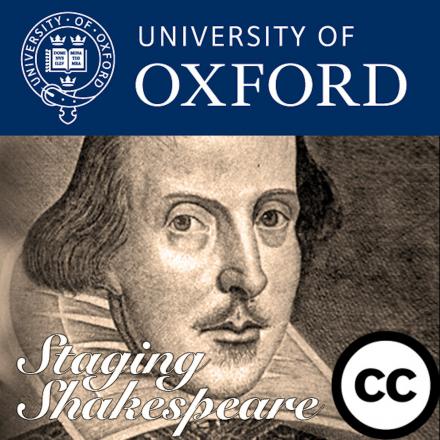
Staging Shakespeare is series of video commentaries on performing and directing Shakespeare including extracts of two plays- 'The Tempest' and 'Two Gentlemen of Verona'. An English teacher also explains how she uses IT resources to engage students.

Playback Theatre is a form of community-centered storytelling theater where the audience tells stories, which are then reflected by a company of actors and musicians. Storytelling on Screen: An Online Playback Theatre Archive and Guidebook is an open education resource consisting of a collection of full-length recordings of online Playback Theatre performances, and a 55-page explanatory guidebook. The guidebook, featuring a foreword by Playback Theatre co-founder, Jo Salas, explains the adaptation to online performances and some of the key concepts, roles, and forms involved in online Playback Theatre. The resource as a whole is suitable for a wide range of theatre students in courses such as applied theatre, theatre for social justice, improvisation, theatre appreciation, or acting. The guidebook contains hyperlinks to specific sections of the archive where students can see a given form or concept in action, allowing for a comparison of how different companies approach a given form.
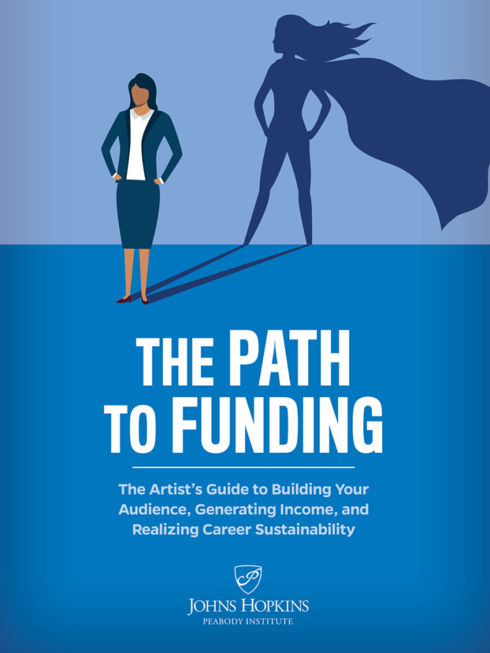
Based on coursework developed at Peabody Conservatory, this book breaks down the process of developing an artist mission statement, generating new ideas for creative projects, and creating an engaging project description. It also covers methods for artists to identify their audience, generate a comprehensive project budget, collect compelling work samples, and identify potential funders to support their creative work. Written by a team of active artists and educators, this resource provides creatives with tools and strategies to communicate passionately and effectively about their work and take control of their financial and artistic future.

Pursuing a career in the theater can seem intimidating and overwhelming. In this video from Treasures of New York: The Drama League, students receive advice from successful theater professionals like director Diane Paulus and actress Judith Light. From practical suggestions like staying informed by reading the newspaper, to more general advice like finding one’s passion, students hear from and are inspired by the words of experienced artists.
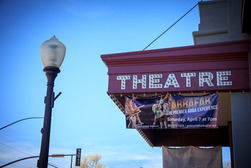
This module resource focuses on the actor and the craft of acting, covering key aspects such as the profession's nature, different approaches, Stanislavski's influence, practical techniques, and the routine of an actor's career.(Title Image Attribution: Theatre by Kevin Spencer is licensed CC BY-NC 2.0)
